Hamilton’s outgoing mayor says the city is in a “good spot” days ahead of his official departure following some 30 years of public service.

Fred Eisenberger says it’s been an “honour” and “privilege” to serve three non-consecutive terms as Hamilton’s mayor and cites the city’s triple-A rating, downtown and waterfront development, and forthcoming LRT as the reason the city’s experiencing “a renaissance.”
“I think we see a different Hamilton today than you would have seen 20 years ago,” Eisenberger told 900 CHML’s Good Morning Hamilton.
“Hamilton is in a particularly good spot right now, not without its challenges, but … something that we would have aspired to 20 years ago.”
The 70-year-old told Global News in June he wouldn’t be seeking re-election, admitting he wanted to move on to the next chapter of his life.
The Dutch-born politician remembers emigrating to Canada at the age of eight with his family and attending Sir Winston Churchill School before graduating from Mohawk College.
His political career began in 1991 as a Ward 5 alderman prior to placing third in an unsuccessful run in 2000 to become the city’s mayor.
He would score the city’s top political job through three elections, winning in 2006, 2014 and again in 2018.
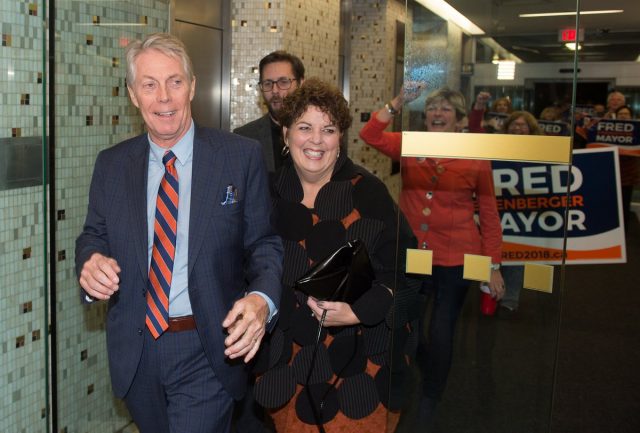
A failed West Harbour stadium project, four-year sewage spill into Chedoke Creek, and discovery of a controversial 2013 safety report on the surface of the Red Hill Valley Parkway were some of the hurdles Eisenberger would encounter during his terms in office.
Generally he’s “comfortable” with most decisions made on those and other files in his 12 years, suggesting the city’s choices concerning the excessive Chedoke Creek spill were “pretty reasonable and fair.”
“When it came to the Chedoke Creek … we actually announced the leak … identified it and put up signs at the very moment that we found out about it,” Eisenberger recalled.
“One could argue about the volume, that’s another issue, but we got some good advice at the time to not divulge it and let the investigation actually discover that.”
A leading proponent of Hamilton’s light rail transit (LRT) project, he would arguably have his biggest run-in with the provincial government when the Ford PCs opted to cancel the 17-stop system in late 2019.
Provincial Transportation Minister Caroline Mulroney cited costs five times higher than what the Kathleen Wynne Liberals had previously led the government to believe.
Eisenberger characterized that cancellation as a “betrayal” of the city.
The project would be resurrected in 2021 via a joint funding commitment from the federal and provincial governments of $3.4 billion for a 14-kilometre LRT across the lower city, from McMaster University to Eastgate Square.
Another significant run-in with the province comes at the end of his tenure following the Ontario PCs’ decision to override a November 2021 vote by Hamilton politicians to hold firm on the city’s urban boundary.
Last week, Ontario proposed to develop land from the protected Greenbelt, to build at least 50,000 new homes, an initiative which includes using 2,200 hectares of countryside around Hamilton to build new housing.
Eisenberger says the 2021 decision to hold the line on the urban boundary and use intensification and infill to solve the city’s housing issues was “the right thing to do” given the number of housing investments the city has made and will target around the LRT build.
The mayor admits the province’s pivoting presents “a big challenge” for the next council despite arguments the city has been fighting supply shortages through $150 million spent yearly on housing and rent.
“Some $600 million has been spent on housing, actually more on housing than we’ve spent on roads,” Eisenberger contends.
“The reality is that more and more has been spent on housing than any other file in our community.”
His advice for incoming mayor-elect Andrea Horwath and the unprecedented nine new councillors set to be inaugurated Wednesday is to “keep an eye on the big picture” with respect to where the city is going long-term.
“The city is thriving and there’s lots, lots of good bones to build on here. And so, you know, folks need to continue to build and don’t be too parochial.”

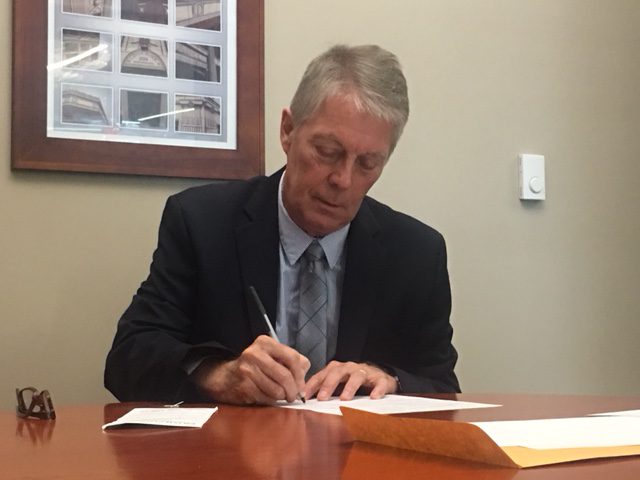





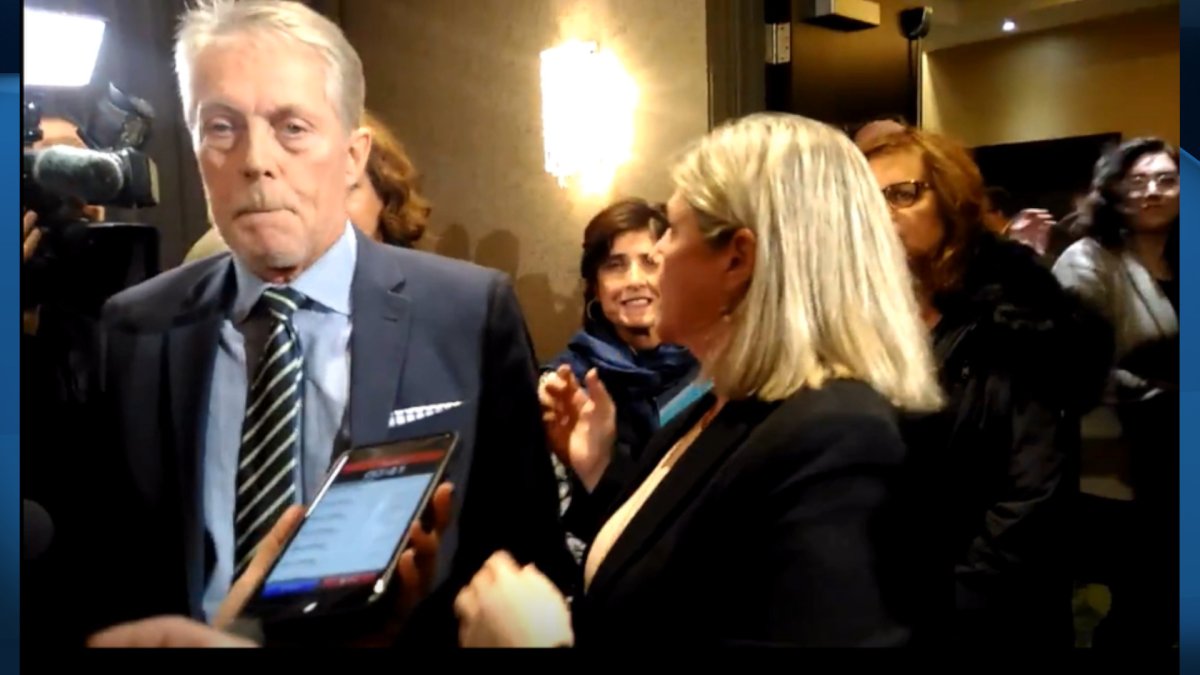


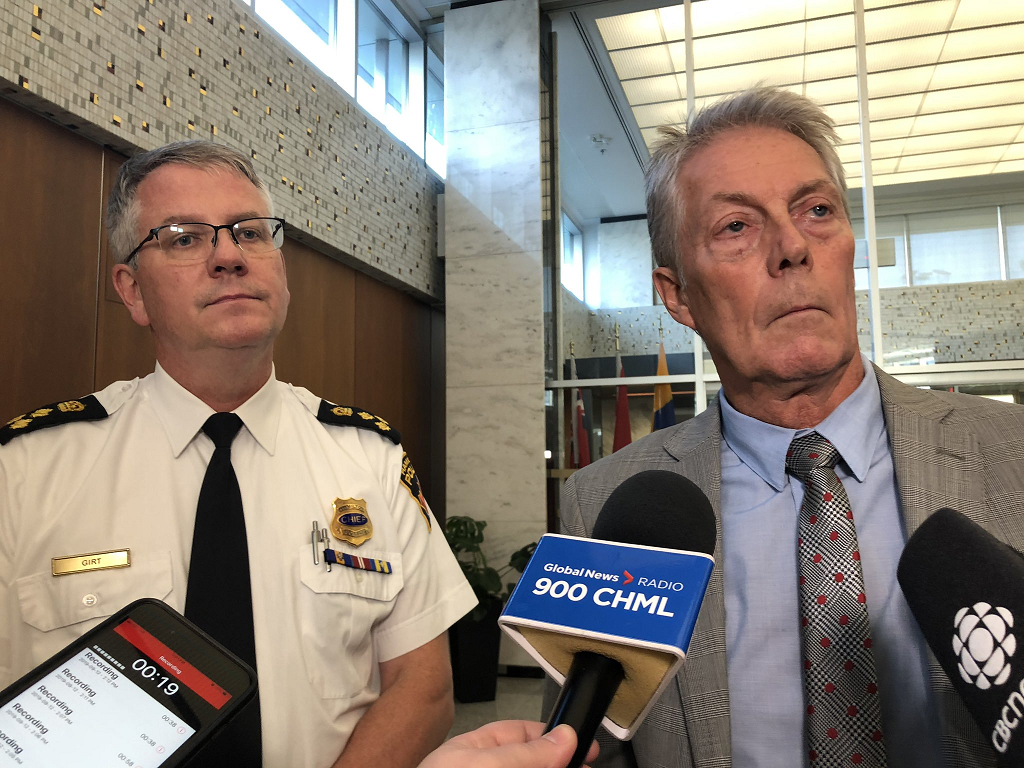
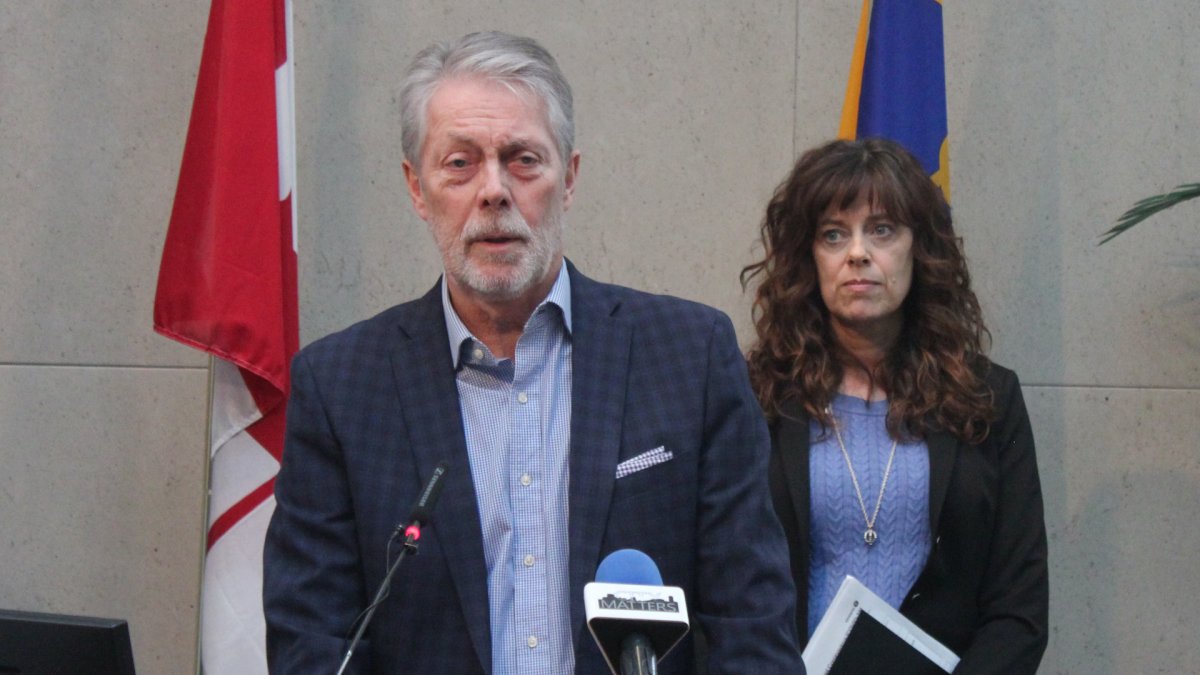
Comments